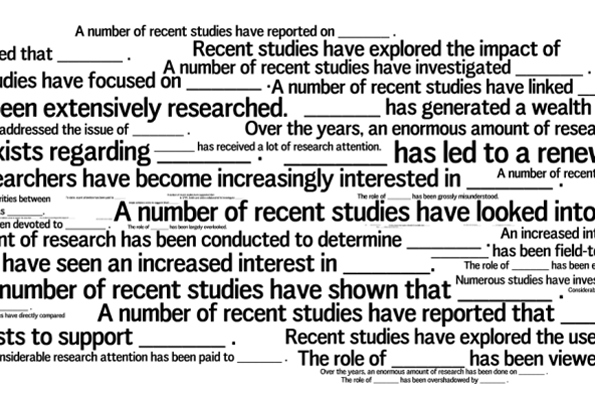
Phrases for academic writing
- Ulrike Bavendiek
- Admission: This event is free, but please register your attendance by contacting either Dr Ulrike Bavendiek, u.bavendiek@liverpool.ac.uk or Lisa Brennan, tiskale@liverpool.ac.uk
Add this event to my calendar
Click on "Create a calendar file" and your browser will download a .ics file for this event.
Microsoft Outlook: Download the file, double-click it to open it in Outlook, then click on "Save & Close" to save it to your calendar. If that doesn't work go into Outlook, click on the File tab, then on Open & Export, then Open Calendar. Select your .ics file then click on "Save & Close".
Google Calendar: download the file, then go into your calendar. On the left where it says "Other calendars" click on the arrow icon and then click on Import calendar. Click on Browse and select the .ics file, then click on Import.
Apple Calendar: The file may open automatically with an option to save it to your calendar. If not, download the file, then you can either drag it to Calendar or import the file by going to File >Import > Import and choosing the .ics file.
Phrases for academic writing: form, function, creativity, and formulaicity in English for Academic Purposes (EAP) teaching materials and research
This paper reviews the confusing number of phrases suggested for teaching academic writing. It compares those specified in EAP coursebooks with those found by EAP researchers. It looks at their form and function, and highlights their strengths and weaknesses, in order to help academic writing teachers choose the most appropriate phrases for their teaching context. The paper concludes by discussing the teaching of phrases in relation to creativity vs formulaicity in learner academic writing. Are phrases an essential step to fluency and appropriacy or does a focus on phrases prevent learners from developing their own voice as writers?
